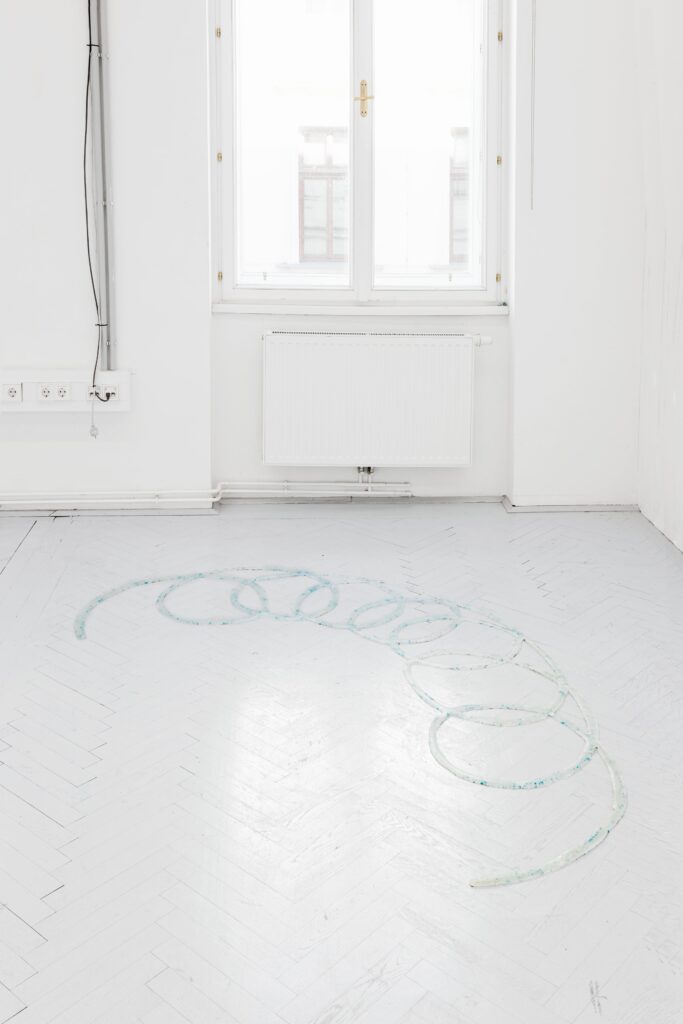Sweet Garden of Vanished Pleasures















Garden is not merely a noun or a possessive, but also a verb – a doing: to garden. To plant a garden is to draw a line in the earth, to demarcate a space, to enclose it and take control over it. Rules are subsequently set, defining what is accepted and rejected from the garden, distinguishing the desirables from the undesirables, order from disorder, the domesticated and the wilderness, the guests from the pests. No garden exists cleansed of the force required to maintain it. Indeed, no garden exists without violence.
Systems of power produce the subjects they subsequently come to represent. Conceiving gardens as systems of power allows us to dissect and display the subtle and silently violent contradictions, hierarchies, and power relations we established with the otherness. After the advent of synthetic pesticides in the mid-20th century, snails and slugs became portrayed as the biggest enemies in gardens, as they feed on crops and flowers causing holes, ragged edges or the death of cultivated plants. When the tool to kill them became widespread, also the narrative of snails as harmful pests became real, and therefore the collective urgency to kill them. The snail comes to occupy a critical-marginalized-queerd position in the sociality of the garden, in opposition to its production-aesthetic logic.
Gardening tools and materials become the vehicles through which materialize these uneven tensions and hidden violence that lies behind the fence of a garden. A fence, as a conceptual presence of the demarcation of borders, becomes the display of contrasting matters: snail slime soap, salt, snail pesticide, plant seeds. The fence becomes a catalyst of tensions snails are subject inside the ecology of a garden. A pesticide soap trace on the floor is a transposition in larger scale of the trace left by snails affected by chemical intoxication. Slug rings, joined in a rusty rain chain, become the carriers of poetic fragments that function as imaginative stimuli on the marginalized position snails occupy in the logics of a garden.


